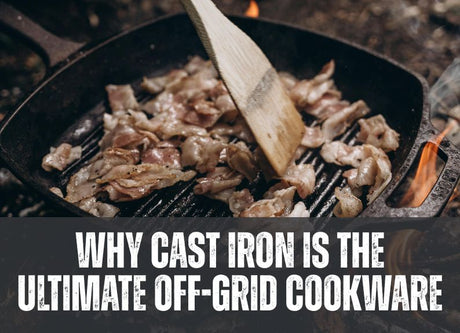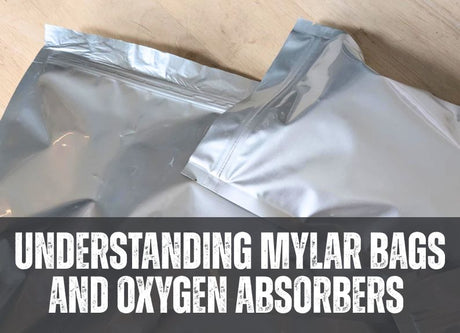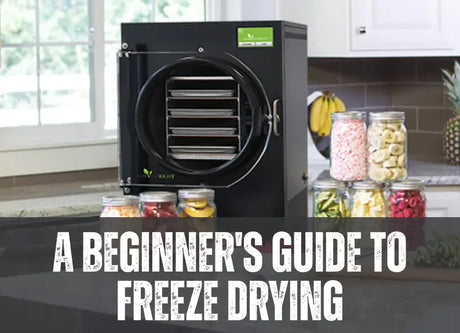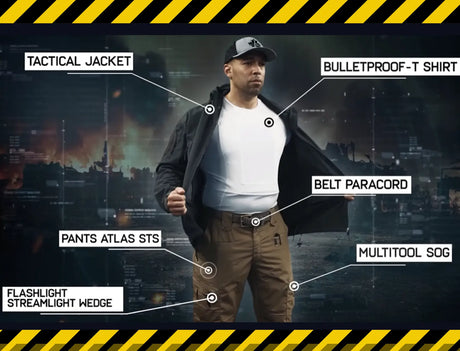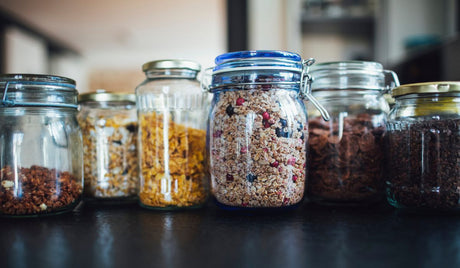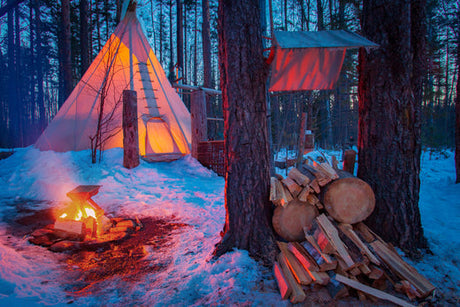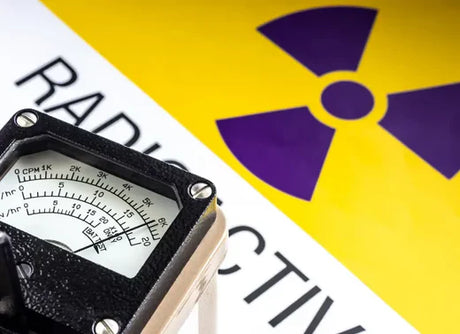While we often reach for the paracord, the knife, and our storeroom of foods, there are several items that will play a critical role in your health, happiness, and hygiene after a collapse. We have taken a certain standard of living for granted, but many of these things won’t be accessible in a grid-down or collapse. In this blog, we dish on the items you might not have thought to prep.
9 uncommon items to add to your survival kit.
1. Laundry
There’s no washing machine, and there’s definitely no dryer. Your hygiene is crucial in your survival. From attracting bugs and vermin with your smell to being detectable when you wish to remain hidden––your smell can put you in danger. In addition, harmful bacteria and mud can lead to contact dermatitis, eczema, infection, and more.

- Clothes Wringer
Trust us that you won't regret finding one of these. Manual wringers can often be found in flea markets or antique shops and are incredibly useful for hand washing your laundry.
- Washboard
That’s right, a good old-fashioned washboard is a valuable tool for doing your laundry. Whether clothes, cloth diapers, or medical bandages, this small but mighty tool will be essential.
2. Clothespins

You can dry your clothes using the wind efficiently with only pins and a rope (we recommend having a paracord in your bug-out bag). Clothespins can be used in other applications, like building shelters or keeping open bags of food closed, so they are useful to have on hand.
3. Wood tools

Traditional wood tools can help you produce everything from full-fledged furniture, arrows, traps for killing game, and more. Even if you have a generator that can power your power tools, having a backup is the best way to ensure your survival. In addition, manual woodworking tools are lighter to carry if you need to bug-out light and help you efficiently build a stable shelter.
Many wood tools, like chisels, can even be an emergency weapon if necessary.
Here's some links:
Tools here
https://amzn.to/2UL3uNh
https://amzn.to/2UDoaqE
https://amzn.to/3iIoM6i
4. Pest Control
From rats, wasps, mosquitoes, black flies, and more. We recommend a comprehensive set of pest control options.

-
Protect your stockpiled food from pests
When you’re stockpiling food, pest control should be at the top pile of your list. Protect your hard-earned cache by ensuring you’ve considered mice and ants. We also recommend storing your foods in sealed plastic containers to further deter unwanted infestations.
-
Kill wasps and other deadly bugs fast
The biggest reason to store wasp spray is to prevent anaphylactic reactions in yourself and your loved ones when medical intervention may not be possible. In a grid-down situation, use wasp spray to eliminate nests and swarms. *Note: wasp spray is ineffective as a self-defence tool.
-
Reduce exposure to virus-carrying mosquitoes, ticks, and blackflies
Having a high-rated, DEET-based bug spray can limit the amount of exposure you have to potential harm––as ticks and mosquitoes transfer harmful viruses such as West Nile and Lyme disease. DEET-based products are the most effective sprays for deterring pests, especially in the outdoors.
5. Safety Pins
Safety pins are cheap and often come in bulk, so they are easy to stock. These are useful for clothing repair, first aid, fish hooks, alternative tweezers, as a firestarter, and even as emergency medical tools––gruesome, but could save your life. We highly recommend researching emergency medical care and proper techniques for sanitizing medical tools and wounds.
6. Pens, Pencil, Paper
Office supplies might not have been on the top of your list of bug-out necessities, but they have many applied uses.
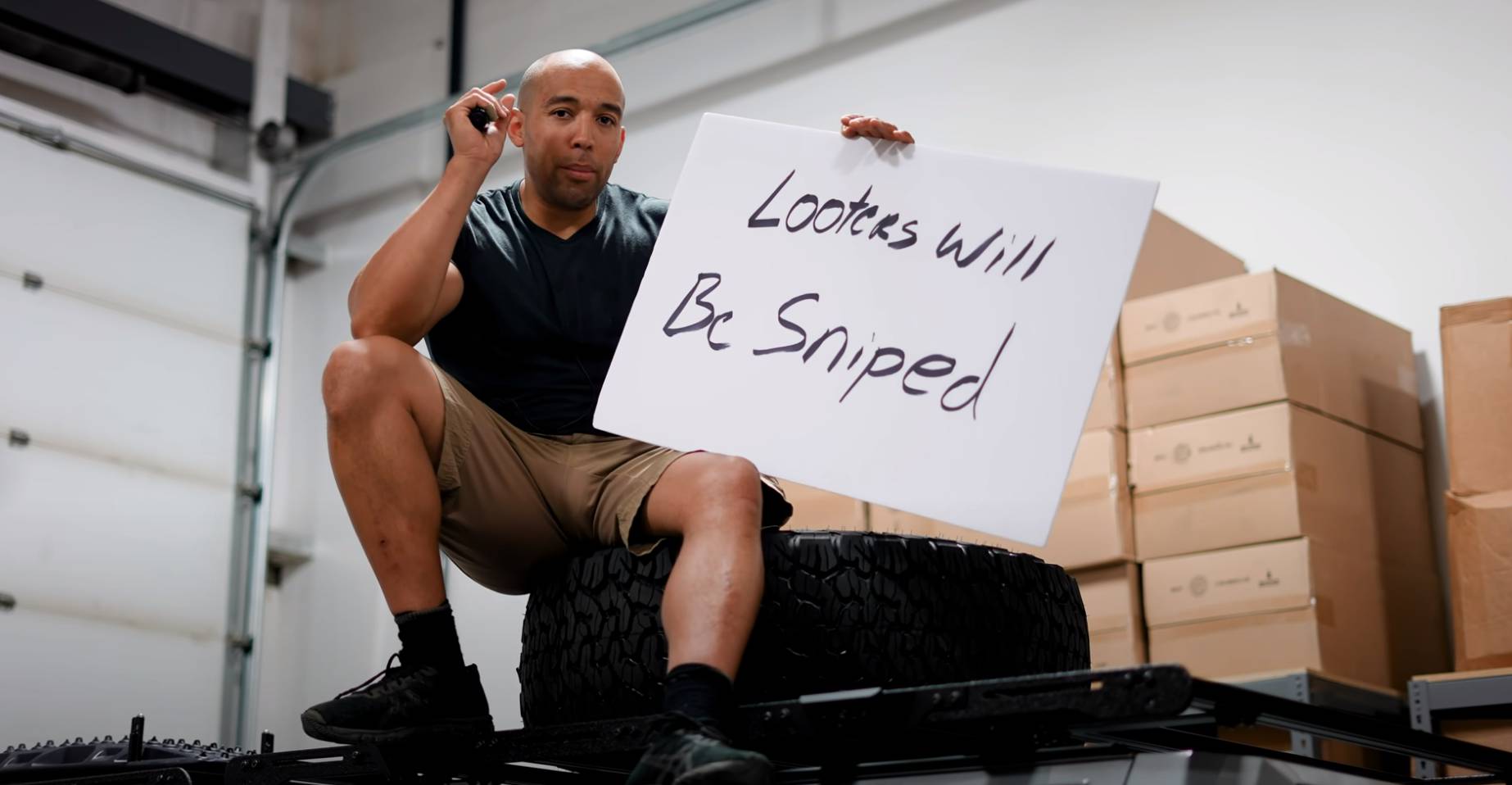
-
Signage is a deterrent to potential threats
A helpful deterrent, something to signal with, and more. A sign stating consequences can act as a potential deterrent; however, it should only be used as the first line of home defence.
-
Writing tools have multiple uses
Leave messages when you need to be silent, use them as an essential part of manual navigation to mark your maps, and date your stockpiled food for easy rotation––there are unlimited uses for a pen, pencil, or marker after grid-down.
-
Paper is a necessity with multiple uses
Paper can be used as both kindling and for writing. Paper is incredibly useful; journaling can help keep you company, track animal migration patterns, document plants in your area, homeschooling your children, and more. We recommend keeping old newspapers or books for good fire starting material.
7. Spray Paint

Useful for signage and camouflaging (many cans are labelled to be camouflage specific) certain items. Spray paint can also be used to mark your path, to communicate messages, as warnings for others, and more.
8. Security
Home defence is an important part of your survival planning, but there are some items that many preppers neglect.

-
Emergency lights can help protect your family in a natural disaster
Lightbulbs designed to stay on when the power goes out can help your family prepare for emergencies and natural disasters. These light bulbs plug into a regular socket and charge their battery to provide lighting after a power outage.
-
Solar-powered security lighting can alert you to potential threats
Boost your home defence with solar-powered security lighting––these motion-activated lights can help you see an oncoming threat so you can react quickly. Security lighting is also a natural deterrent, so it may help you by discouraging looters and other potential threats.
-
Doorstop alarms can give you time to react to intruders
This is an excellent line of defence for your home. It can help alert you to a threat and give you valuable time to react appropriately. These devices sound a loud alarm when a door opens on them, alerting you to danger. As well as temporarily blocking the door, they also deter threats by sounding a loud alarm.
9. Adjustable Glasses

Even if you don’t currently wear glasses, as you age, your eyes will require corrective lenses––sorry, it’s a fact. Adjustable glasses can be adjusted to multiple powers, both near and far-sighted, so that you can use them for a long time. They can also be a lifesaver if someone in your survival crew breaks or loses their eyewear. They’re not fashionable, but they are incredibly functional.
Bug-out bag maintenance is a critical part of being prepared.
Knowing what you have and what you can add is the best way to be prepared for anything. From grid-down to natural disasters, having a plan is the best way to survive. Continually evaluating your bug-out bag, food stores, and other emergency gear to ensure that it is in good order and that you haven’t overlooked anything will prevent unnecessary struggle. Review your supply often to ensure it is in good order, keep it organized and well stored to avoid damage or spoilage, and take precautionary measures to ensure it is safe from environmental factors such as vermin, water, and heat.
Want to learn more about emergency planning?
Check out these other blogs for more information on how and what to prepare:
- Is Your Family Prepared for an Emergency?
- How to Preserve your own Food for Emergency Stockpiling.
-
Essential Gear Checklist for your 3-Season Bug-Out Bag


